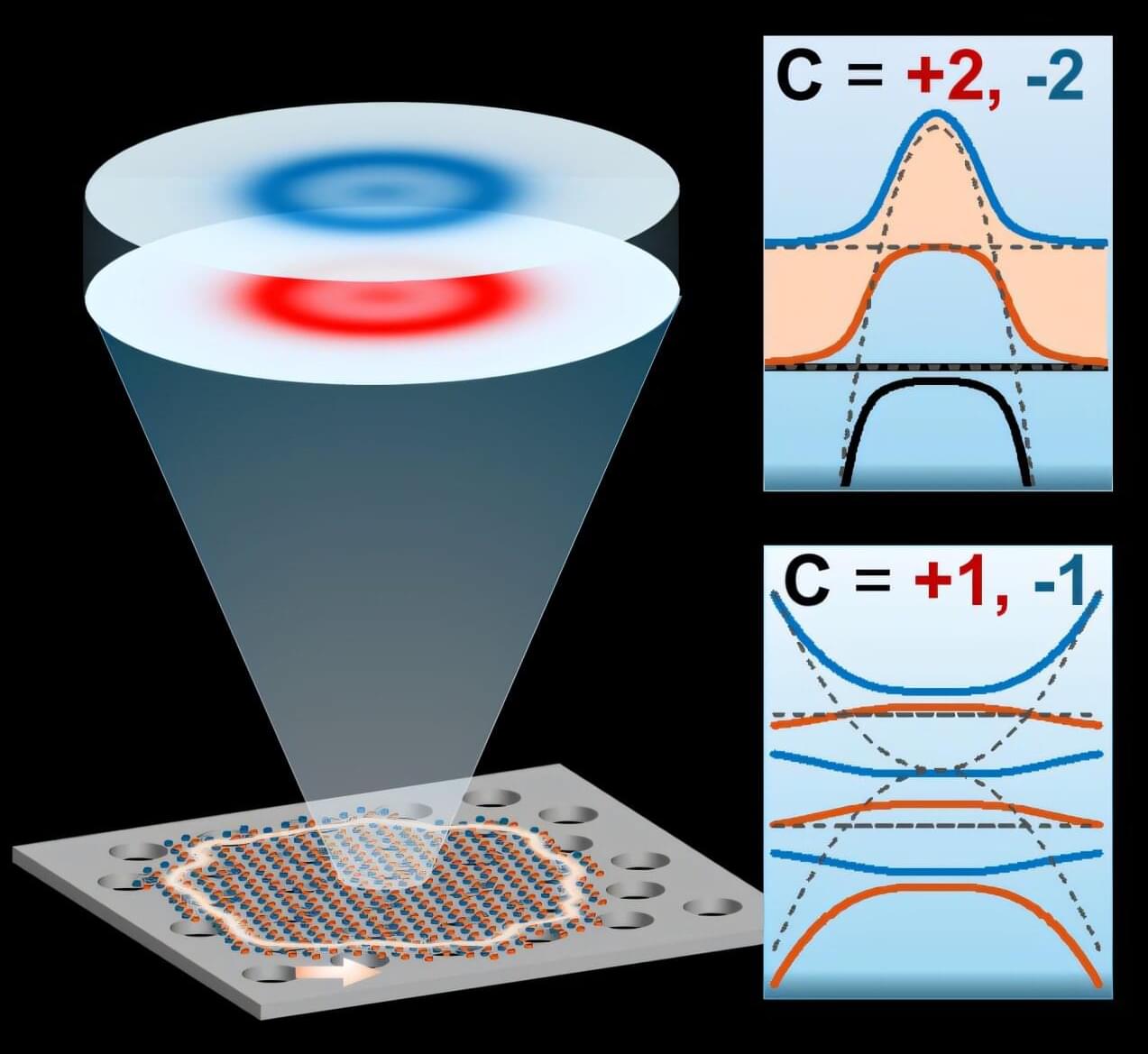The candidate pool for engineered materials that can help enable tomorrow’s cutting-edge optical technologies—such as lasers, detectors and imaging devices—is much deeper than previously believed.
That’s according to new research from the University of Michigan that examined a class of materials known as topological insulators. These materials have exciting and tunable properties when it comes to how they transmit energy and information.
“We see this as a step toward building a more versatile and powerful foundation for future photonic technologies,” said Xin Xie, a research fellow in the U-M Department of Physics and lead author of the recent study in the journal Physical Review X.
